Category: Legal aid
-
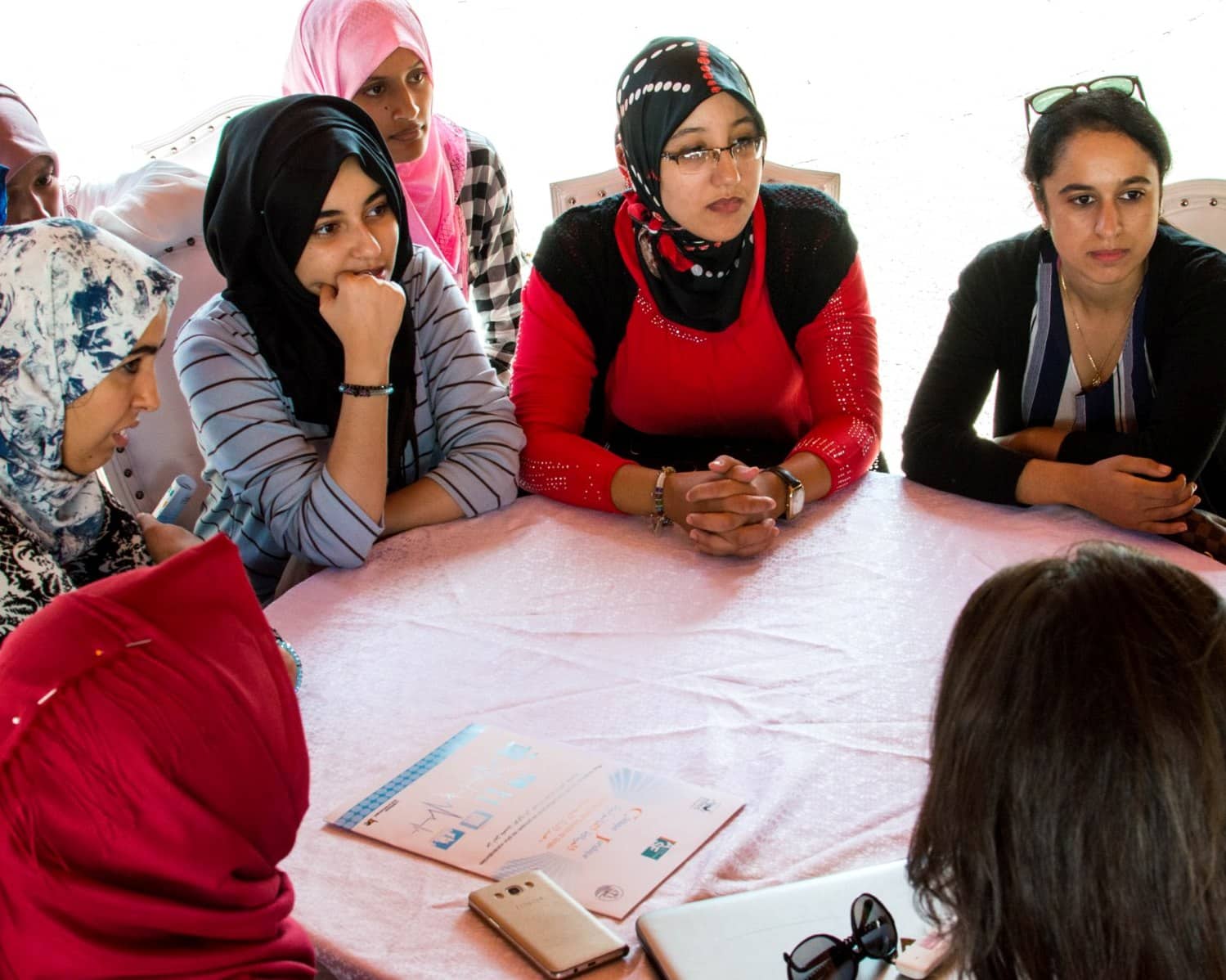
“Justice for All” legal clinic: a first in Morocco
For the past few weeks, students of Law Faculty of Mohammedia have been informing vulnerable people about their rights and providing them with legal advice. Women who have been victims of violence, children in conflict with the law, migrants, and refugees are welcomed at the “Justice for All” legal clinic, a social and educational initiative…
-
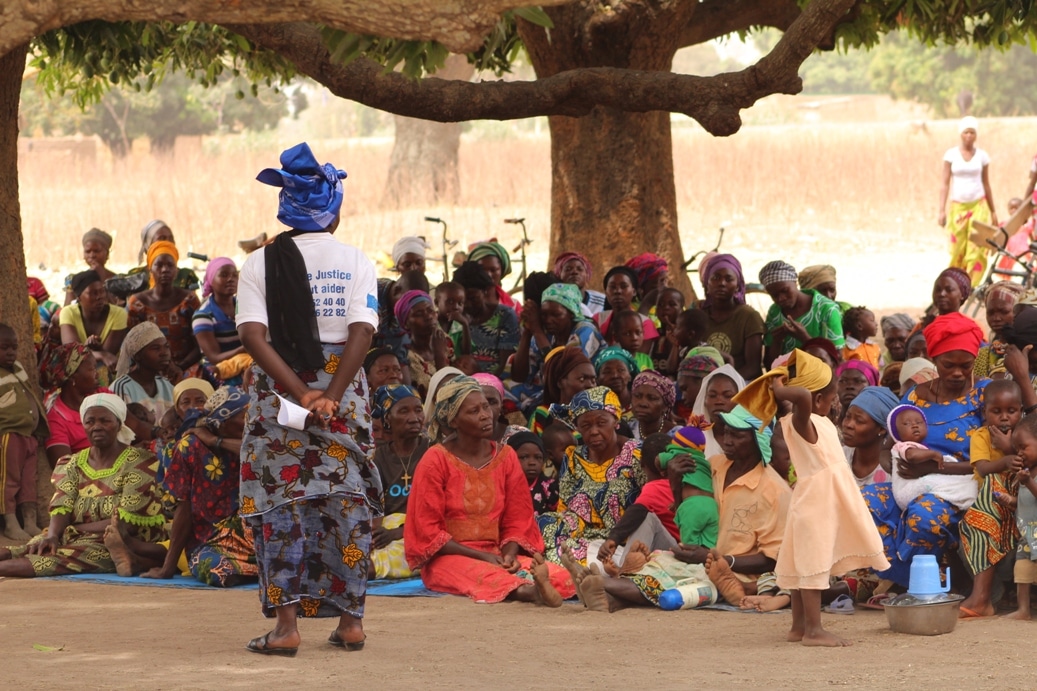
ASF in Chad: a glance at the past and toward the future
Begin May, the European Union officially renewed its support for Avocats Sans Frontières’ work in Chad, allowing the organisation to continue its efforts to protect human rights in the country. This provides an opportunity to look back over some results achieved to date and look toward the challenges to come.
-
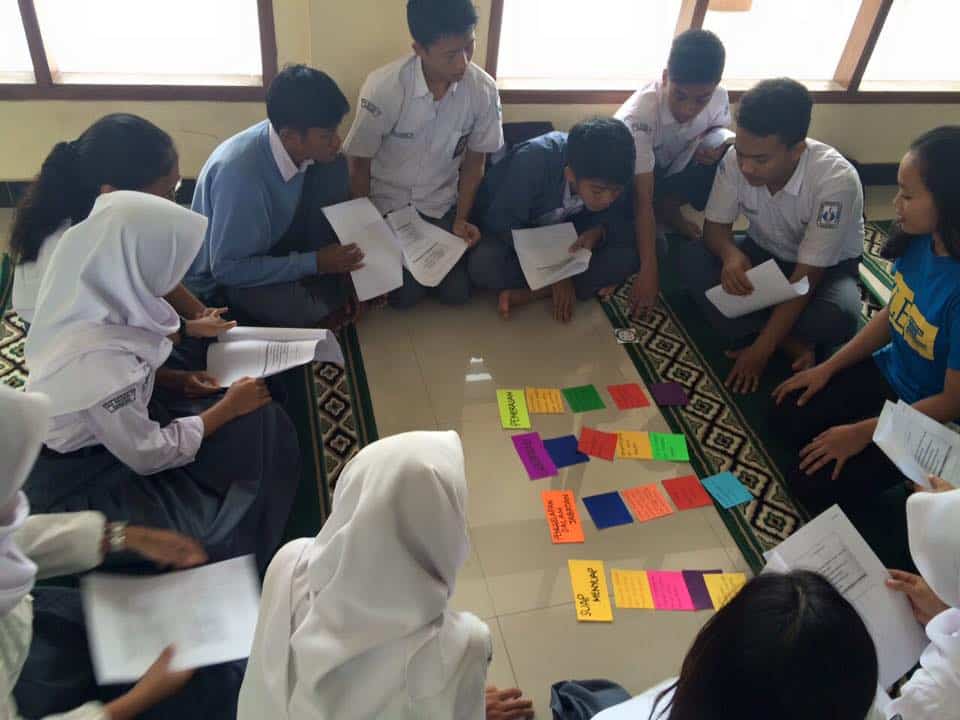
Belgian Ministry for Development earmarks funding for access to justice
Excellent news: ASF has just been granted significant funding for five years by the Belgian DGD (Directorate-General for Development Cooperation and Humanitarian Aid). This aid will be used for projects supporting justice in five countries: Burundi, Indonesia, Morocco, Uganda and the Democratic Republic of the Congo. This also represents ASF’s first project in Indonesia.
-

ASF in DR Congo: 15 years of commitment
ASF has come a long way since it started up its activities in Congo 15 years ago. Its aim, from the very beginning, has been to ensure that people become more aware of their rights and can enforce them. We opened our first office in Kinshasa on 12 March 2002. Since then, we’ve developed a…
-
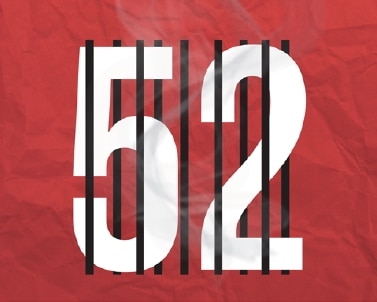
Tunisia: the law against drugs grinds to a standstill
In spite of declarations in the media and the adoption of a new bill by the Council of Ministers, the current anti-drug law is now entering its 25th year. Even though it is largely considered to be unfair, ineffective and obsolete, this law continues to victimise the most vulnerable sectors of the Tunisian population. ASF…
-
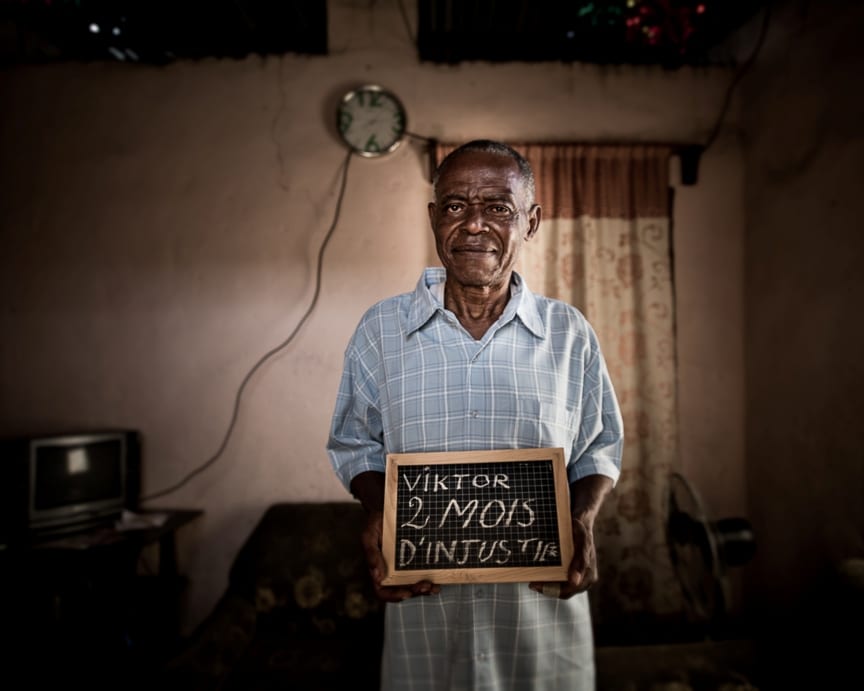
A two-year struggle against the use of illegal detention in the DR Congo
For the last two years, ASF has been working actively with the Bar Associations of the west of the DR Congo in order to combat the abusive and sometimes even illegal use of preventive detention. In the coming weeks, ASF will come back to three key aspects of this project: the development of the capacity…
-
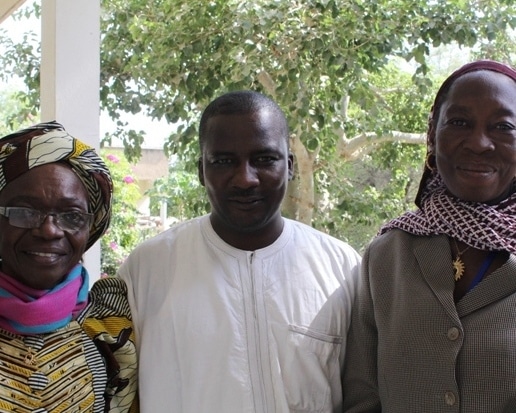
Access to justice in Chad: civil society is mobilising itself
Despite justice reforms undertaken in recent years, the population of Chad still encounters numerous obstacles when trying to obtain access to justice. Given this situation, civil society organisations (CSOs) are taking action and providing legal advice and assistance: ASF is supporting three of these CSOs in their efforts to protect human rights.
-
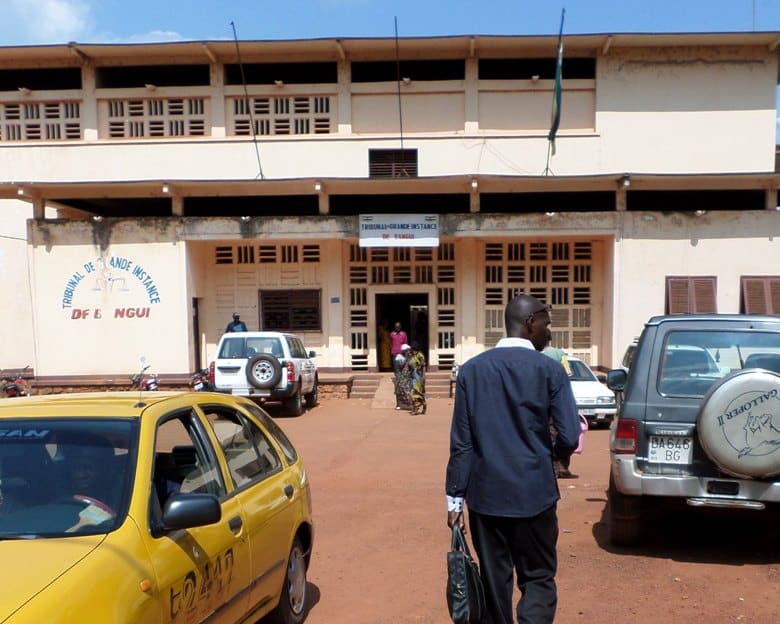
The state of justice in the Central African Republic
Bangui – ASF (Avocats Sans Frontières) has recently launched support activities to help facilitate better access to justice in the Central African Republic. In the wake of successive politico-military crises, the country’s judicial institutions need to be rebuilt. In collaboration with legal stakeholders, the Bar association and civil society, ASF’s actions aim to contribute to…
-
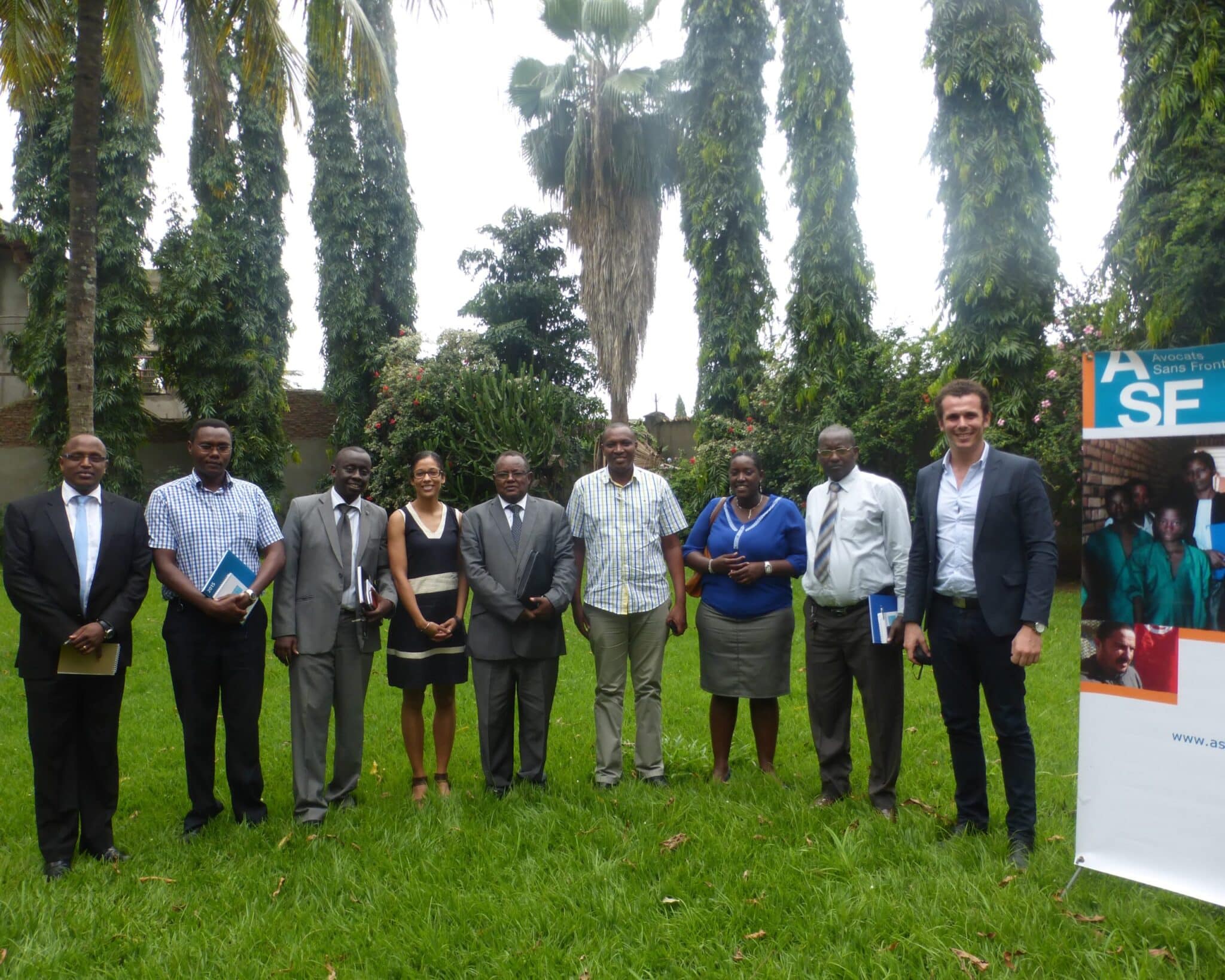
ASF partnerships: the cornerstone of sustainable change
Brussels/Bujumbura – Against the backdrop of an extremely serious political crisis, ASF and its partners continue working to ensure access to justice for all in Burundi. ASF and the bar association at Bujumbura Court of Appeal have recently signed an agreement renewing and shaping their partnership up to 2021.
-
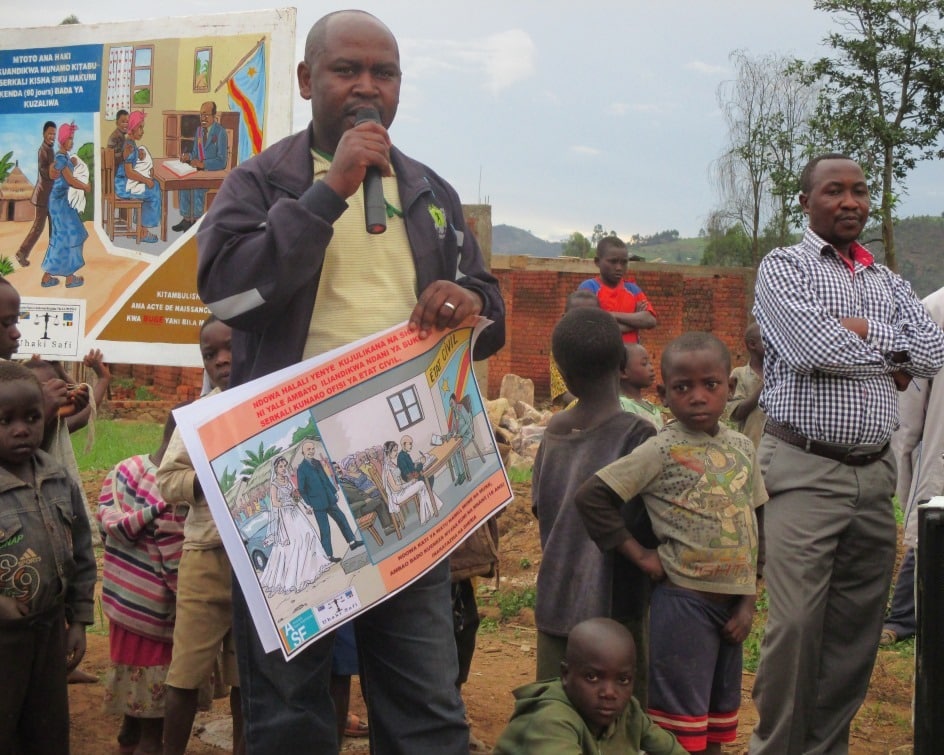
No legal existence equals no rights for Congolese citizens
Lubero, DR Congo – Registration of births – and marriages – is vital for the establishment of citizens’ rights. This is the message that was shared by ASF and its partners with more than 6,000 people living in Lubero, North Kivu.
